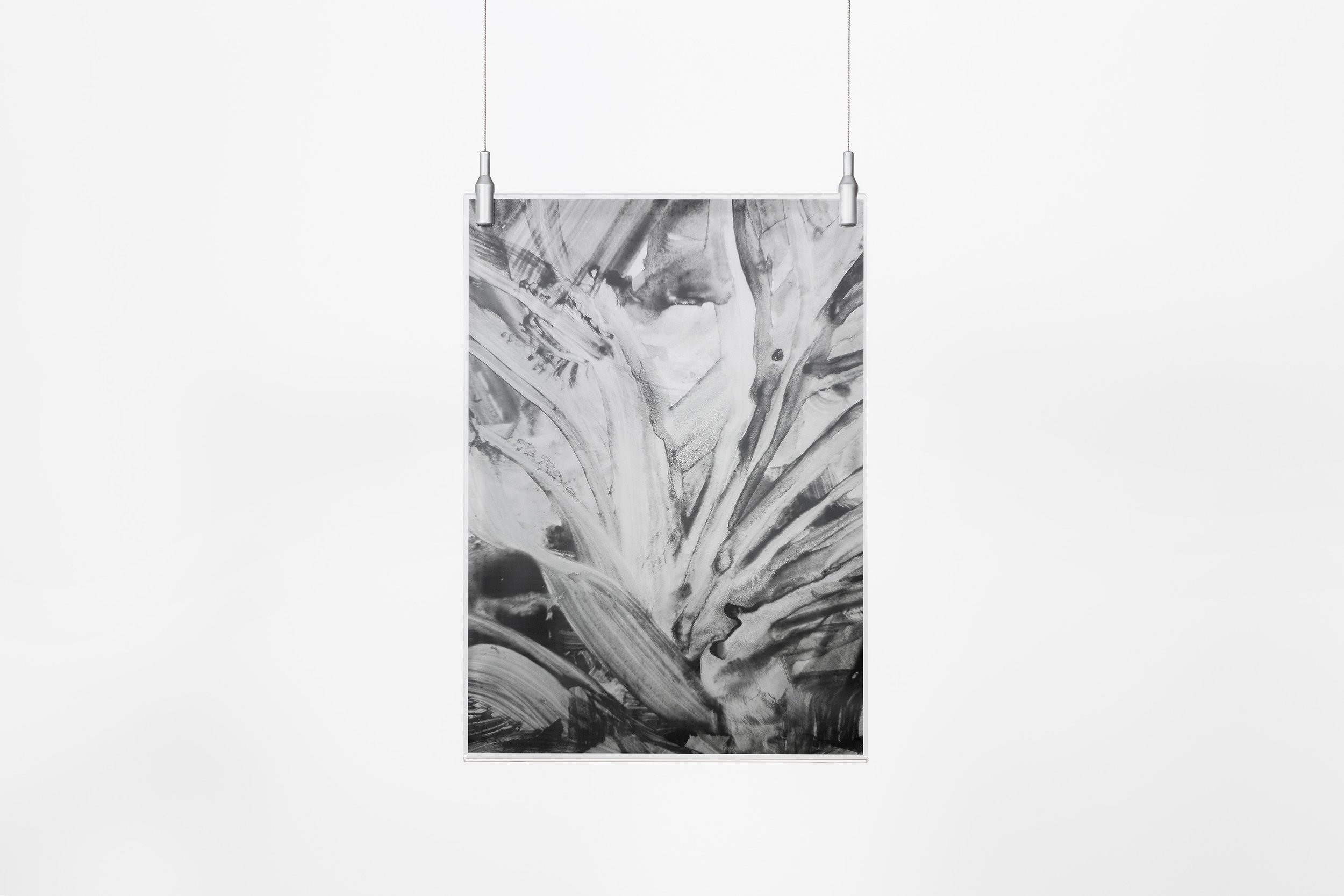ROD
[Brazil, 1975]
ROD (Rodrigo Ribeiro Saturnino) (Brazil, 1975). Lives and works in Lisbon. A visual artist, holds a postdoctoral degree from the Center for Communication and Society Studies at the Institute of Social Sciences of the University of Minho. In 2022, co-founded the Afrontosas Collective with Didi and Tony Omolu, and also played a role in founding UNA – the Black Arts Union. ROD's poetic research focuses on decolonial critique.
Among recent collective exhibitions in Lisbon are: "I Only Have This to Offer and Even Then It's Not Enough", at Zaratan Arte Contemporânea (2024); "Past", at the Alkantara Festival, Teatro São Luiz (2023); "Queer Mood / Be Cuír", at Palácio Cabral (2023); and the Anti-Racist Carnival, at Espaço Santa Catarina (2023).
-
1. If you were to formulate your current work in questions, what could they be?
How can we re-establish a friendship with non-human beings? How can I affirm my queer identity based on what nature has to teach us? How can I manifest the self-determination of who I am based on the autonomy manifested by non-human beings?
2. What are some points of tension driving your research today? (e.g., empirical, social, political, environmental)
There's a discomfort in the sensitivity I have towards the living beings around me. I feel like I disregard them in a very perverse way and that they are there only as resource. What is the function of the other inhabitants, like flies, fungi, mold, among so many others that circulate there? Am I really concerned about nature or do I only see it as a resource for maintaining my survival?
3. ENVIRONMENT - If we were to depict an Open-Studio, what does the general environment in your studio look like? - What are your main mediums (technical and/or conceptual)
My studio is located within a municipal library and occupies what was once the kitchen of a mansion. Being a Miner (from Minas Gerais, Brazil) as I am, I couldn't have a better place for myself. The kitchen is the social gathering space. It's also where health is produced. When I think that I'm working on my artistic investigations within an old Portuguese kitchen, I really feel like I'm cooking my art. Victory is in the kitchen.
4. PROCESS / STUDIO - What are the actions or routines that fuel your practice?
Moving away from a more figurative practice and entering a more abstract journey based on my research on the fungi kingdom the process is shifting. In my figurative approach, the creative process is more organized, with more boundaries and contours. I was already feeling tired of this approach and wanted to try something more fluid, without such a direct apprehension as figurative art provides. So, I've been experimenting with more organic forms, where movements are less rigid and controlled. Using more diluted paint on very smooth and less porous materials, thus allowing water and paint to play a role of almost spontaneous movement.
5. A WORK - Is there any artwork (in your production) that currently stands out? If so, what does it propose?
I pay attention to everything that comes out of my creation. I don't have a particular work that I pay more attention to - and I must say that my relationship with the works only remain while they are in the process. After they are "ready," I won't lie that I abandon them in a way, or at least I give them autonomy to exist without depending on my "ownership". As an artist, I enjoy seeing the work being born - after it's born, I let it follow its own path.
6. RECURRENCE - Retrospectively; How would you define the recurrences of your work - conceptual or plastic.
The issue of gender identity is always associated with what I do, combined with the various decolonial processes that I have been trying to propose, whether through art or activism. The concept that helps me think about my work is the "queer" issue.
7. PERIPHERAL - In the evident context that we are the product of a time, how do you see your work portraying contemporary times?
Without a doubt, the gender issue, decolonialism, and the issue of nature are terms that are always with me. And, as we know, that's very contemporary. But I find it funny because this has always been part of my creative processes, even when they were not yet so consumed by the art market.
8. IMPACT - What impact would you like your work to have?
I would like my work to continue to be a subject of debate and to bring to those who see it - some form of social criticism and learning. I would also like it to give people an instant of beauty.
9. An action - that "incorporates" or stimulates your work.
In this research phase, I have been learning to "see". The action of looking with time is essential for my aesthetics to be altered about what something is to me. The training of my gaze is very fleeting. Everything is so aesthetically aligned to a defined concept of beauty that I feel trapped in a conditioned way of looking.
10. Name an artist "embedded" in practice/research
Jota Mombaça, Denise Ferreira da Silva, Linn da Quebrada, and Octavia Butler.
Fungi One, 2024


